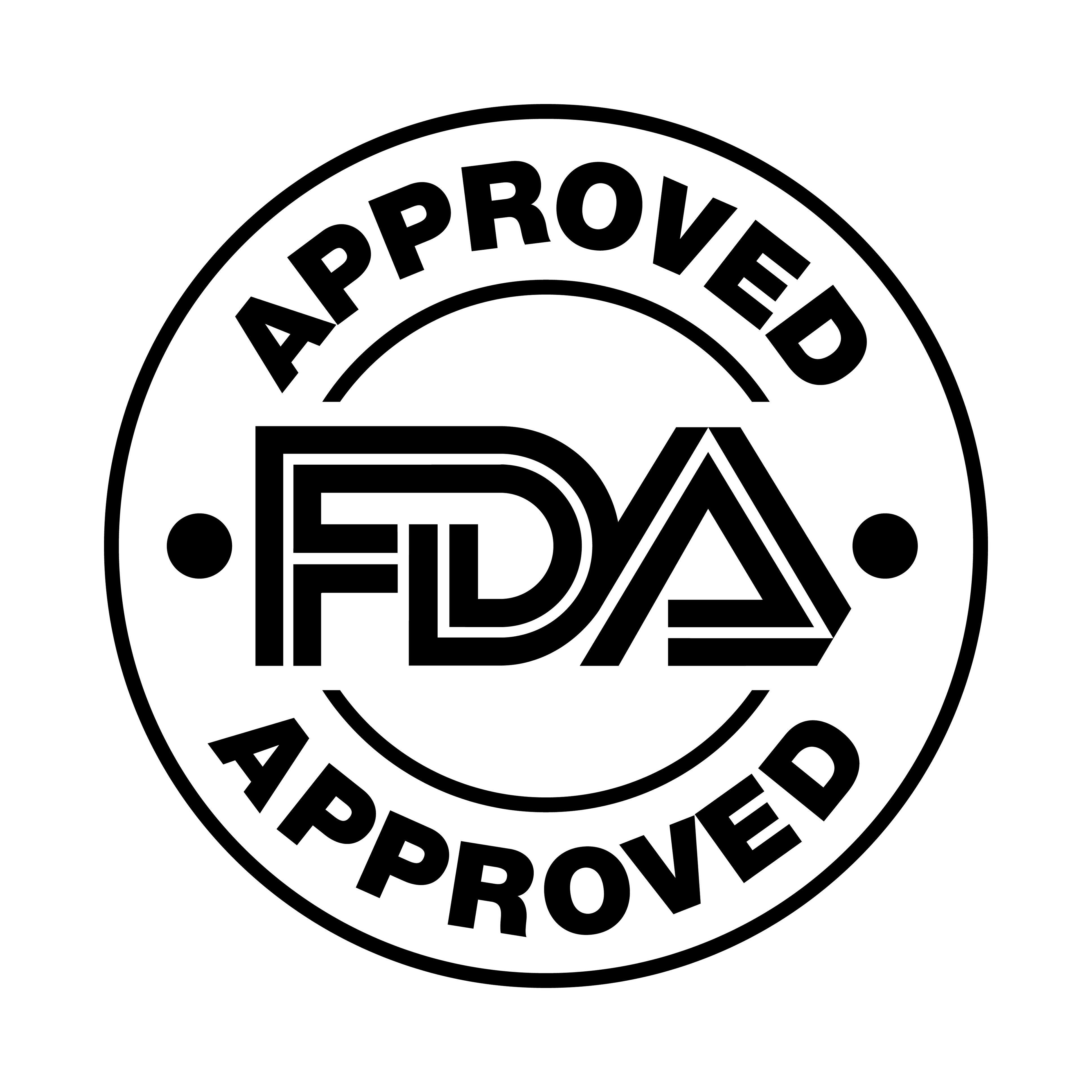FDA approves roflumilast cream 0.15% for atopic dermatitis in patients aged 6 years and up
Details of newly FDA-approved roflumilast cream 0.15% for AD in pediatric patients, plus insight and commentary from Lawrence Eichenfield, MD.
FDA approves roflumilast cream 0.15% for atopic dermatitis in patients aged 6 years, older | Image Credit: © Calin - © Calin - stock.adobe.com.

Roflumilast cream 0.15% (ZORYVE; Arcutis Biotherapeutics) has been approved by the FDA to treat mild to moderate atopic dermatitis (AD) in adults and children aged 6 years and older, according to a press release from Arcutis. The company announced that the commercial product is expected to be available by the end of July.1
The FDA's decision is supported by the positive results of several clinical trials that demonstrated efficacy and safety of roflumilast 0.15%. In a pair of identical, phase 3, parallel group, double-blind, and vehicle-controlled trials, safety and efficacy of roflumilast 0.15% was compared to vehicle and applied once daily for 4 weeks. The INTEGUMENT-1 (NCT04773587) and INTEGUMENT-2 (NCT04773600) trials featured more than 1300 adults and children aged 6 years or older with mild to moderate AD.1,2,3
Both studies met the primary endpoint of IGA success, defined as a validated Investigator Global Assessment–Atopic Dermatitis (vIGA-AD) score of clear (0) or almost clear (1), plus a 2-grade improvement from baseline at week 4 (INTEGUMENT-1: 32% roflumilast cream vs 15.2% vehicle [P < 0.0001]) and (INTEGUMENT-2: 28.9% roflumilast cream vs 12% vehicle [P < 0.0001]).1,2
In addition, as previously covered by Contemporary Pediatrics, more than 40% of adults and children aged 6 years and older treated with roflumilast cream achieved a 75% reduction according to the Eczema Area and Severity Index (EASI-75) at week 4 (INTEGUMENT-1: 43.2% vs 22% [P< 0.0001]) and (INTEGUMENT-2: 42% vs 19.7% [P< 0.0001]).2
The most common type of eczema, AD affects approximately 9.6 million children in the United States. The anticipated approval of the once-daily, steroid-free cream is a welcomed addition to the AD treatment landscape.1
"I'm pretty excited to get a new non-steroidal medicine that we can put in our regimens of care," said Lawrence Eichenfield, MD, professor of dermatology and pediatrics, University of California, San Diego; vice chair, Department of Dermatology, chief, Pediatric and Adolescent Dermatology, Rady Children’s Hospital, San Diego, in the above video interview.
"Now we have a new, well-formulated, sort of water-based emollient formulation with a very well-designed topical non-steroid, in this case, the PDE for roflumilast, that works well on the skin. The product goes into the lipid layers and has shown very nice anti-inflammatory effects, with an impact on eczema and an impact on itch. [This allowed] a significant number of patients to make it to these important endpoints that we see in the clinical study."
Measured by the change from baseline in daily Worst Itch-Numeric Rating Scale (WI-NRS), and compared to vehicle, significant improvement in itch was observed in roflumilast 0.15%-treated patients in the first 24 hours following the first application. In the INTEGUMENT-1 and INTEGUMENT-2 trials, more than 30% of patients in the treatment group achieved WI-NRS success at week 4 (33.6% vs 20.7% in INTEGUMENT-1 [P < 0.01] & 30.2% vs 12.4% in INTEGUMENT-2 [P < 0.01], respectively).1
In the INTEGUMENT-OLE, open-label, long-term extension study, roflumilast 0.15% was well tolerated with no new safety signals through 56 weeks of treatment. Efficacy was maintained and improved over time, as 56.6% of participants who continued roflumilast cream 0.15% from the initial trial achieved vIGA-AD success at week 56.4
At week 4 of the extension study, those who achieved a vIGA-AD score of clear (n = 130 participants [19.8%]) switched to proactive, twice-weekly application. According to Arcutis, "61.5% and 66.2% of participants who rolled over from the roflumilast cream arm in INTEGUMENT-1 or -2 demonstrated EASI-75 after 28 weeks and 56 weeks, respectively."1,4
"I will say I don't think that there is a reason for pediatricians not to prescribe this product," said Eichenfield. "As a pediatrician and a dermatologist and with my practice of pediatric dermatology, this is a drug that's going to be pretty easy [for pediatricians] to include in regimens of care, understanding that they just have to be knowledgeable about how to get access to it for patients. So I'll be very empowering of pediatricians, number one, to be aware of all the big changes that are happening in atopic dermatitis, [and to] recognize the signs and symptoms and when patients aren't under control with just moisturizes and intermittent topical corticosteroids. Then, either be liberal with referral to specialists in the area or with this drug, don't be afraid to try it, because I do think it'll add something that can be easy to manage in clinical practice and can be helpful for patients and families."
Contemporary Pediatrics' coverage of roflumilast cream 0.15% (Click each link below for more information):
- Roflumilast cream 0.15% reduces itch for atopic dermatitis patients 6 years and older
- Arcutis submits roflumilast 0.15% sNDA for AD in children 6 years and up
- New roflumilast cream 0.15% data demonstrate improvements in AD symptoms at 56 weeks
Click here for more dermatology news.
References:
- FDA Approves Arcutis’ ZORYVE® (roflumilast) Cream 0.15% for the Treatment of Atopic Dermatitis in Adults and Children Down to 6 Years of Age. Arcutis Biotherapeutics. July 9, 2024. Accessed July 9, 2024. https://www.arcutis.com/fda-approves-arcutis-zoryve-roflumilast-cream-0-15-for-the-treatment-of-atopic-dermatitis-in-adults-and-children-down-to-6-years-of-age/
- Fitch, J. Roflumilast cream 0.15% reduces itch for atopic dermatitis patients 6 years and older. Contemporary Pediatrics. March 22, 2023. https://www.contemporarypediatrics.com/view/roflumilast-cream-0-15-reduces-itch-for-atopic-dermatitis-patients-6-years-and-older
- Fitch, J. Arcutis submits roflumilast 0.15% sNDA for AD in children 6 years and up. Contemporary Pediatrics. September 21, 2023. https://www.contemporarypediatrics.com/view/arcutis-submits-roflumilast-0-15-snda-for-ad-in-children-6-years-and-up
- Fitch, J. New roflumilast cream 0.15% data demonstrate improvements in AD symptoms at 56 weeks. Contemporary Pediatrics. June 10, 2024. https://www.contemporarypediatrics.com/view/new-roflumilast-cream-0-15-data-demonstrate-improvements-atopic-dermatitis-symptoms-56-weeks
Recognize & Refer: Hemangiomas in pediatrics
July 17th 2019Contemporary Pediatrics sits down exclusively with Sheila Fallon Friedlander, MD, a professor dermatology and pediatrics, to discuss the one key condition for which she believes community pediatricians should be especially aware-hemangiomas.